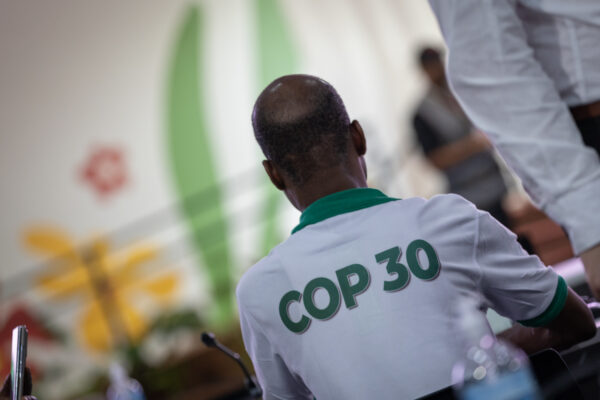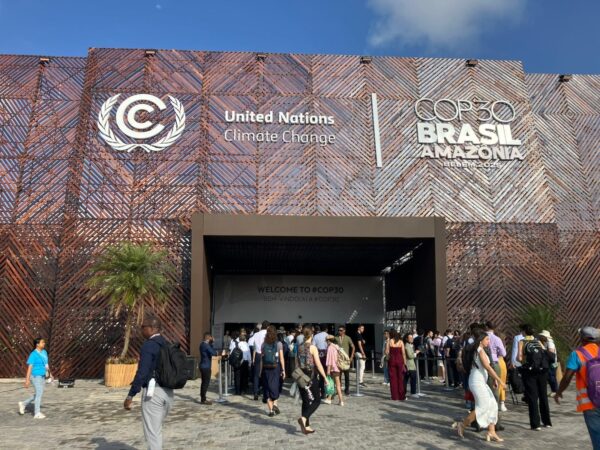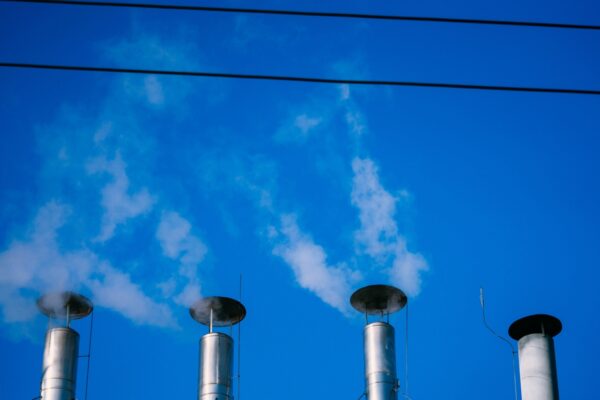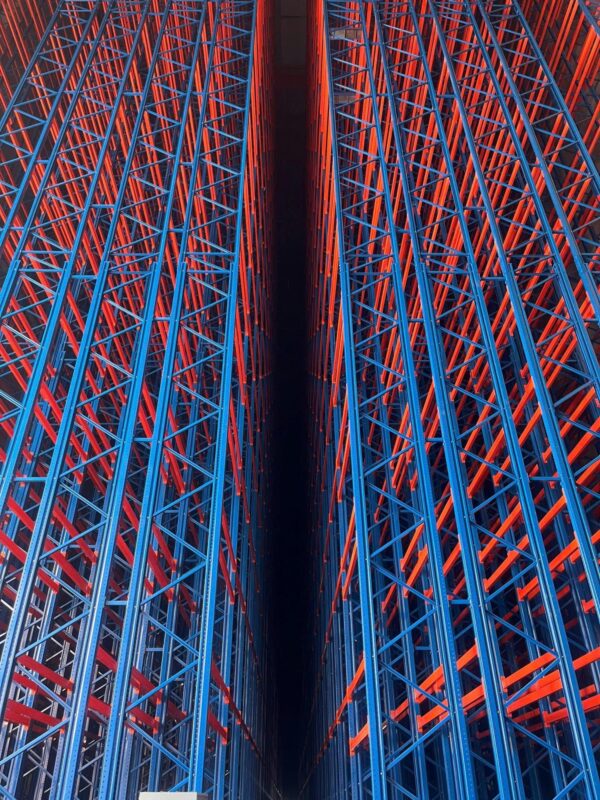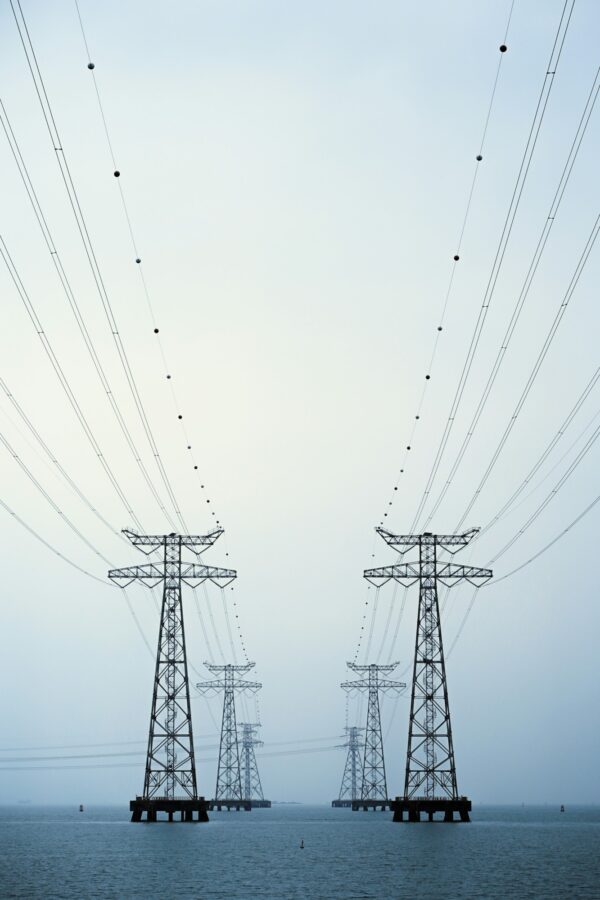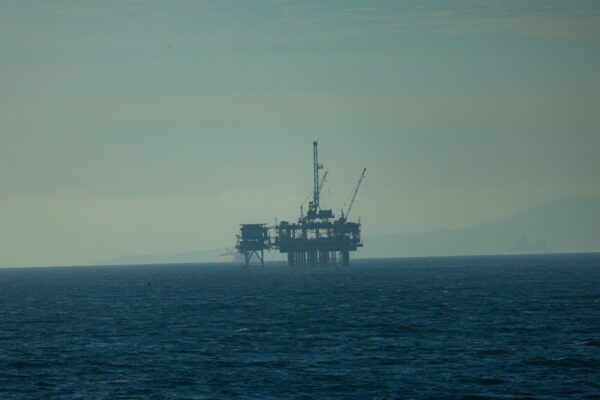Western Australia’s gas resource emissions four times higher than national energy carbon pollution budget under Paris Agreement
New analysis by a leading European climate research institute, Climate Analytics, has found the domestic carbon pollution from the full exploitation of all of Western Australia’s gas resources would be 4.4 times higher than what Australia’s entire energy system can emit to comply with the Paris Agreement.
Share
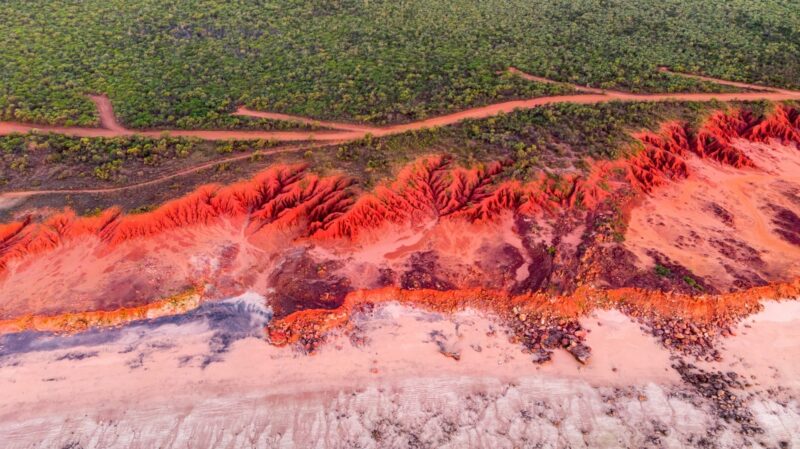
New analysis by a leading European climate research institute, Climate Analytics, has found the domestic carbon pollution from the full exploitation of all of Western Australia’s gas resources would be 4.4 times higher than what Australia’s entire energy system can emit to comply with the Paris Agreement.
It is the first time carbon pollution released during the lifecycle of current and prospective gas developments in WA, including conventional and unconventional resources, has been comprehensively assessed.
Domestic carbon footprint (including only emissions counted in in Australia) from WA gas development
- The domestic emissions expected from all conventional gas reserves - on which present domestic use and LNG exports are based - are about 40-75% above what WA’s energy sector could emit to comply with the Paris Agreement. Chevron’s two giant LNG plants have been included in this assessment.
- The domestic carbon footprint from all of WA’s much larger unconventional gas resources, which have been proposed for development, is three times more than what Australia’s entire energy sector can emit to comply with the Paris Agreement.
- Of these unconventional gas reserves, the Canning Basin is the largest, with gas proposed to be extracted using fracking, would emit carbon pollution two times more than Australia’s Paris Agreement energy sector budget.
Global carbon footprint (including Australian emissions, and emissions counted in other countries from LNG exports) from WA gas development
- The global carbon footprint of WA’s total gas reserves (conventional and unconventional) is equivalent to 4.7%-6.4% of the global Paris Agreement energy sector budget.
- The total global potential emissions (36.4 billion tonnes of Carbon Dioxide = also called Gigatonnes or GtCO2 ) from WA’s gas reserves (unconventional and conventional) is six times greater than Australia’s Paris Agreement energy sector budget (5.5 GtCO2).
“This new analysis has identified carbon pollution from the growth of WA’s natural gas industry as an issue of international significance,” said lead author and Director of Climate Analytics, Bill Hare.
“While many policymakers mistake gas as part of the longer term solution to climate change, this role is limited to a short term transition fuel in Australia and overseas.
“The necessary challenge of reducing carbon emissions from gas - combined with global market opportunities for zero carbon energy created by the Paris Agreement - presents an unprecedented opportunity for Western Australia to make an orderly and economically beneficial transition from a leading LNG exporter to a global renewable energy superpower over the next 20-25 years.”
Under the Paris Agreement, energy models show that natural gas demand globally can be expected to peak in the next 10-15 years and then decline as renewable energy and storage takes up more of the energy market, significantly undercutting present LNG industry market expectations.
“New investments in unconventional gas would likely become stranded assets, as they face a global gas market that is softening or even declining. Australia’s gas demand can easily be met without any need for unconventional gas resources,” added Hare.
“Western Australia could use its vast renewable energy potential to transition from a natural gas giant to a renewable energy superpower, generating significant wealth and employment for the State. It could use proximity to Asian energy markets to develop low cost, carbon free energy systems for both domestic use and exports of renewable energy - electricity or ‘Green’ hydrogen - to ultimately take the place of LNG in international markets,” concluded Hare.
This report has been submitted to the WA inquiry into fracking which will be advising the McGowan government on the implications of lifting the current moratorium on fracking in the State.

